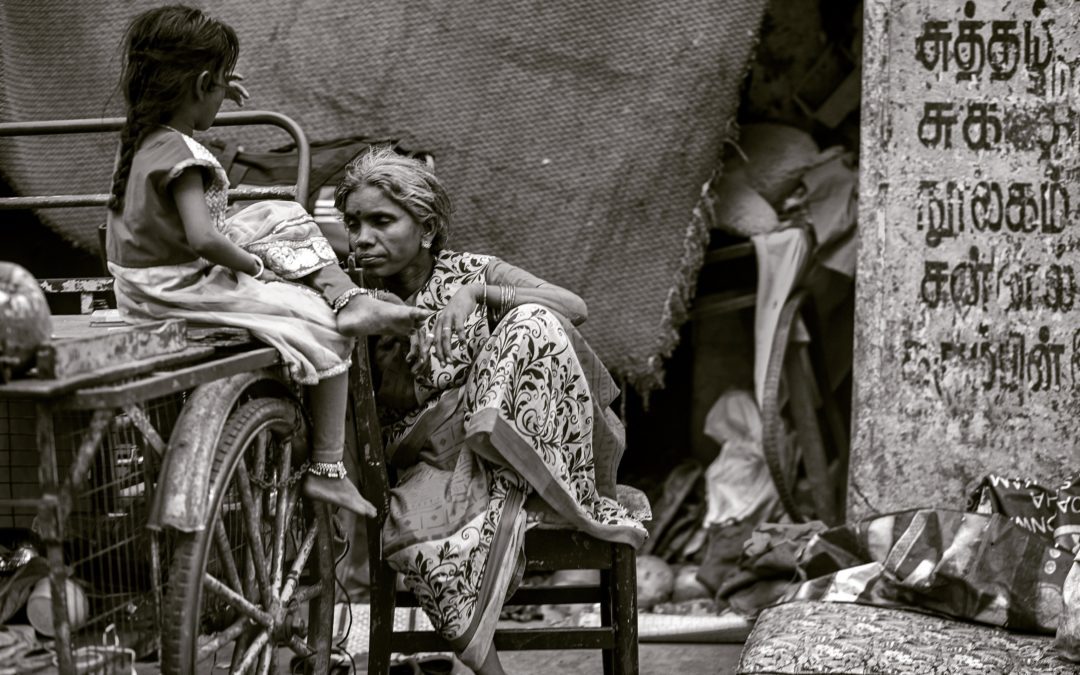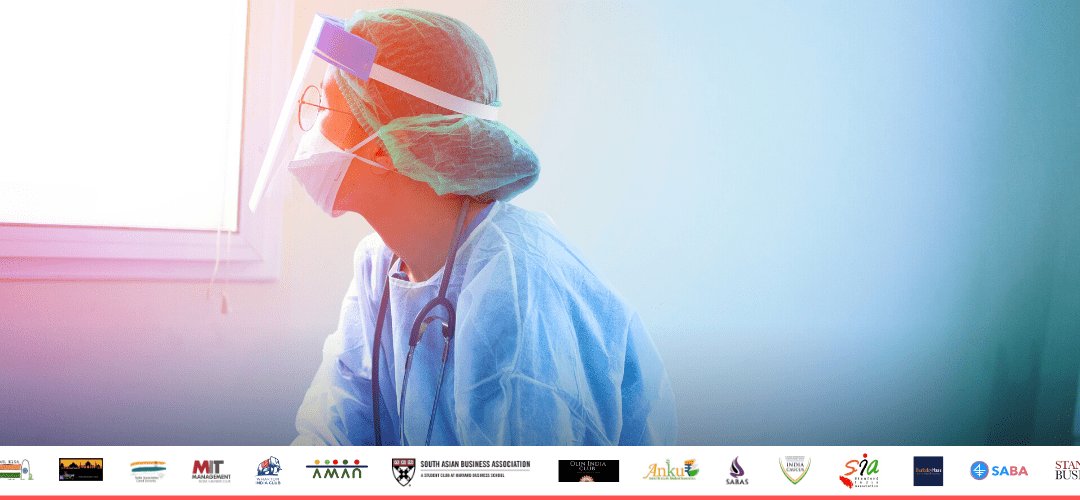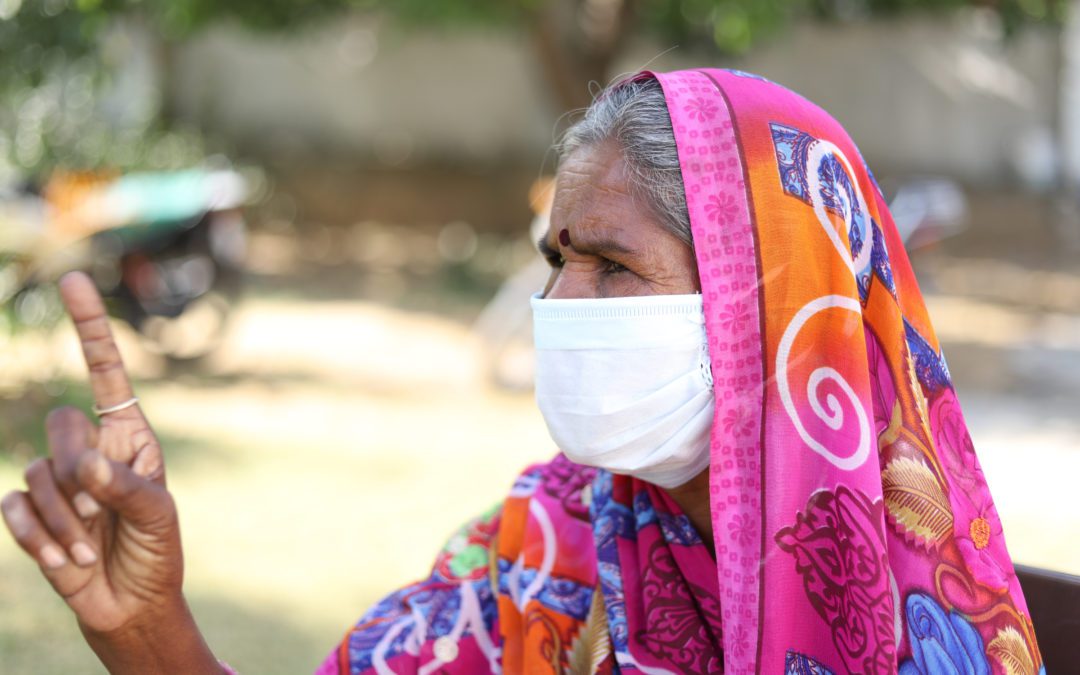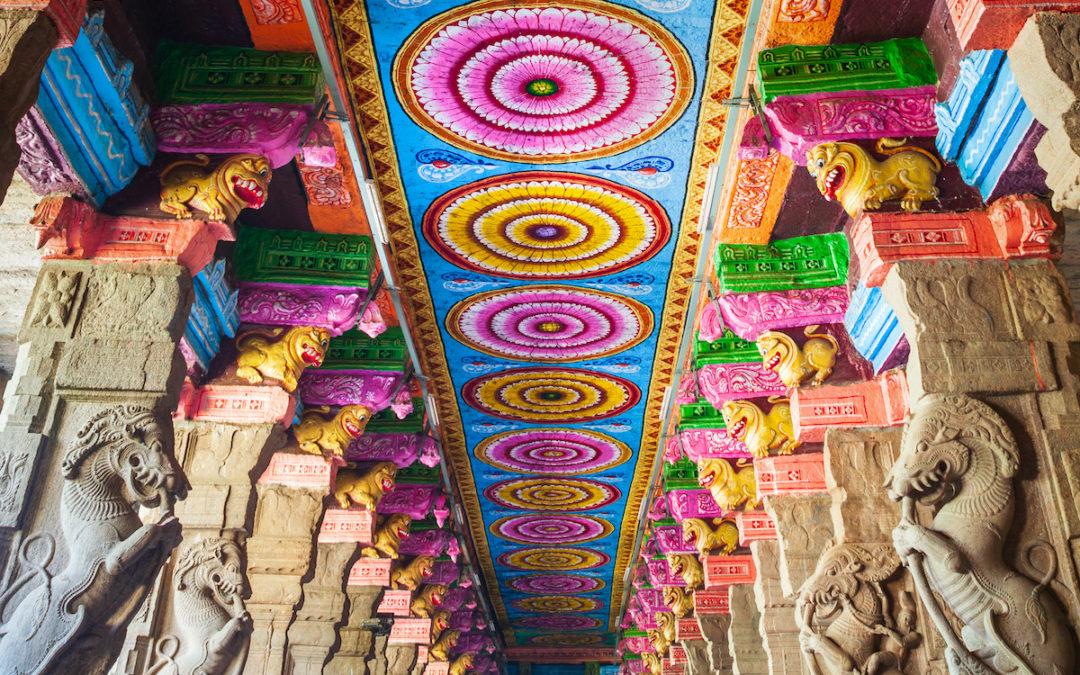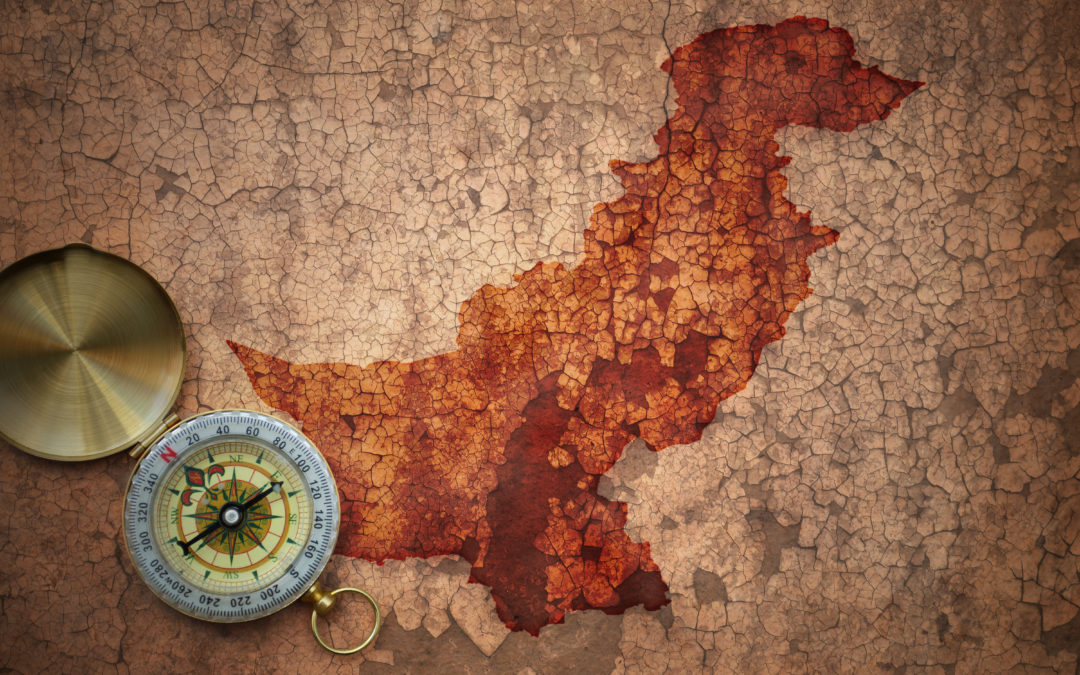KamyabiTest: Educational Assessment App
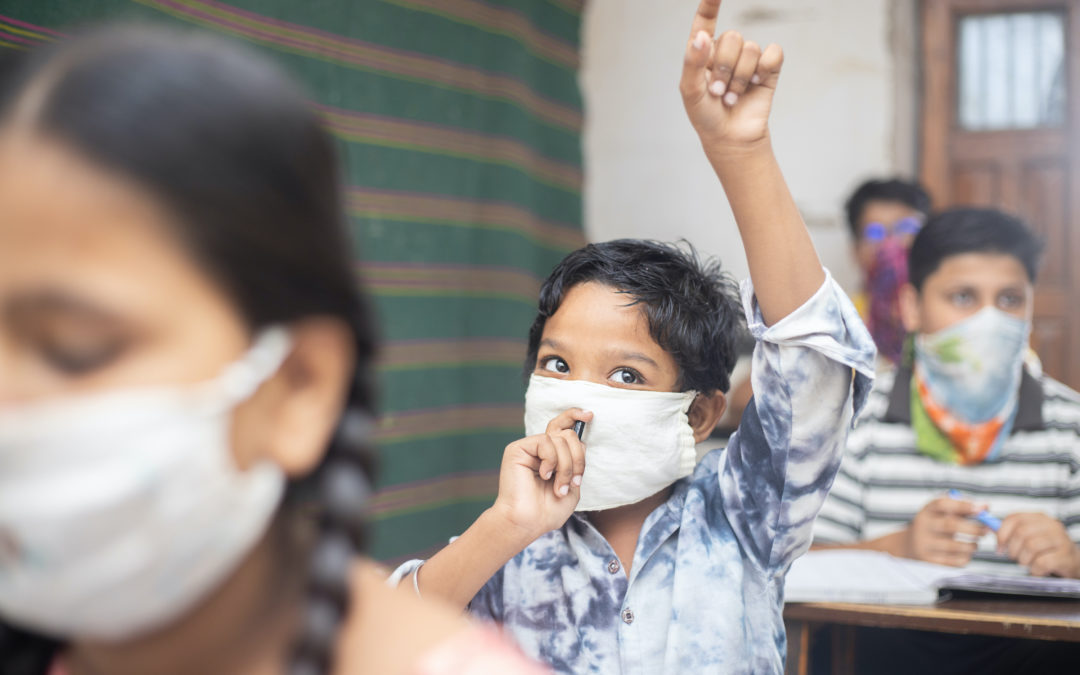
Isabel Macdonald, a Harvard doctoral student in public policy, was the recipient of a Mittal Institute Seed for Change grant in 2020. Isabel’s research focuses on education and financial inclusion, and her current projects include an analysis of training for microfinance borrowers in Pakistan, and a framework for the political economy of education reform. The following is a report on her project, KamyabiTest, a smartphone app that better helps Pakistani teachers track student progress.

